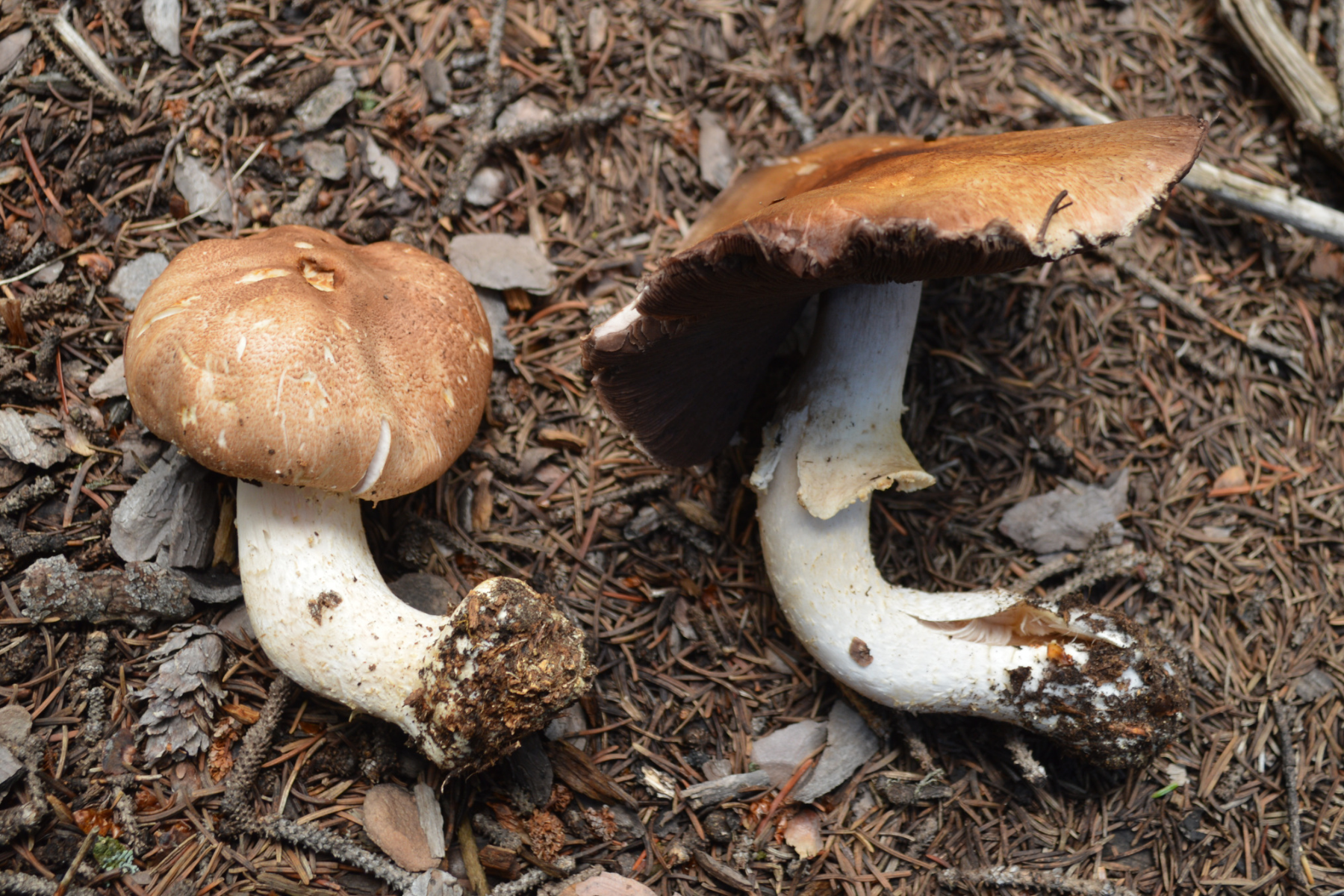Originally published on October 4, 2019 11:40 am
A study published this week in the journal Science found that the bird population in the U.S. and Canada has fallen by nearly 30%, or 3 billion birds, over the past 48 years.
Some of the most alarming declines have occured in the grasslands and forests that make up much of the Mountain West.
“Our grasslands, which occur in the lower parts of the West, are one of the ecosystems that’s lost the most birds,” says Arvind Panjabi, a scientist with the Bird Conservancy of the Rockies who co-authored the study. “In fact, we’ve lost 53% of all of the birds in grasslands.” Or, as the report puts it, “more than 700 million breeding individuals across 31 species.”
Jay Carlisle, research director for the Intermountain Bird Observatory at Boise State University, notes that birds living in wooded areas have fared a bit better.
"Maybe the habitat loss hasn’t been as rapid because we have some more rugged and more remote areas," he says.
Birds like swallows and other insect-eaters have seen major declines, the report found. Panjabi says that’s a problem because birds are indicator species that reflect the health of the native ecosystem.
“This loss of bird abundance signals an urgent need to address threats to avert future avifaunal collapse and associated loss of ecosystem integrity, function and services,” the report states.
Panjabi points to one bright spot in the report, which he attributes to successful research and conservation programs: Wetland birds saw an overall net gain in numbers, led by a 56% increase in waterfowl populations.
Carlisle says shorebirds, sparrow and sage grouse could benefit from similar conservation programs, especially as the region’s population booms, and outdoor recreation along with it.
Find reporter Madelyn Beck on Twitter @MadelynBeck8
Copyright 2019 Boise State Public Radio
This story was produced by the Mountain West News Bureau, a collaboration between Wyoming Public Media, Boise State Public Radio in Idaho, KUER in Salt Lake City, KUNR in Nevada and KRCC and KUNC in Colorado.
Copyright 2019 Boise State Public Radio News. To see more, visit Boise State Public Radio News.







